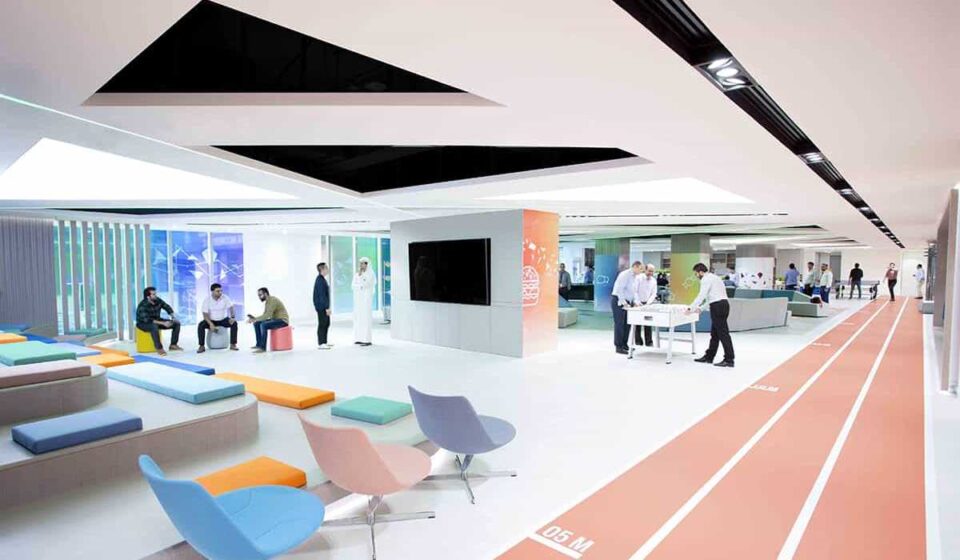Corporate innovation labs have emerged as crucial spaces where companies can experiment with new ideas, technologies, and business models in a controlled environment. These labs are designed to foster a culture of creativity and experimentation, allowing businesses to explore cutting-edge solutions without the constraints of their traditional operational frameworks. By providing a dedicated space for innovation, companies can rapidly prototype, test, and refine new products and services, thereby accelerating the development process and staying ahead of market trends.
Successful examples of corporate innovation labs include Google’s X, often referred to as the “moonshot factory,” and Microsoft’s Garage, both of which have been instrumental in pioneering groundbreaking technologies. Google’s X has been the birthplace of projects like self-driving cars and internet balloons, showcasing how a focused innovation lab can drive significant advancements. Similarly, Microsoft’s Garage encourages employees to explore new ideas and collaborate across disciplines, resulting in various innovative projects and products that push the boundaries of technology.
To cultivate a thriving innovation lab, companies must adopt strategies that encourage a risk-taking mindset and cross-functional collaboration. This includes creating an environment where failure is seen as a learning opportunity, providing the necessary resources and autonomy for teams, and fostering a diverse culture that values different perspectives and ideas. Additionally, integrating the innovation lab’s findings into the broader organizational strategy is essential for ensuring that these experiments lead to tangible business growth and transformation.
Despite their potential, managing innovation labs comes with challenges. Companies must balance the need for creative freedom with the strategic alignment of projects to the company’s goals. Additionally, there is the challenge of transitioning successful projects from the innovation lab to mainstream operations, which requires careful planning and change management. Looking ahead, the role of corporate innovation labs is set to expand as businesses increasingly recognize the need for continuous innovation in a rapidly evolving market landscape. These labs will likely play a pivotal role in driving digital transformation, fostering new business models, and reshaping industries across the globe.


